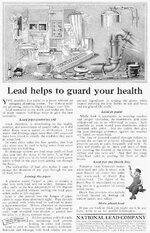Unclegreene
Tenderfoot
- Apr 15, 2013
- 5
- 0
- Detector(s) used
- Bounty hunter sharpshooter II
- Primary Interest:
- All Treasure Hunting
So i was metal detecting in my front yard and i came across these small pieces of metal, all in separate spots. Unfortunately I do not have a scale to weigh them but they feel quite heavy for their size. They are also not magnetic.
The photos below show the fragments before i cleaned them and after while they were slightly dampened. The following link has something that looks similar (slag). Do you think this is the same thing or do you have any other suggestions as to what it could be?




The photos below show the fragments before i cleaned them and after while they were slightly dampened. The following link has something that looks similar (slag). Do you think this is the same thing or do you have any other suggestions as to what it could be?






 Breezie
Breezie


